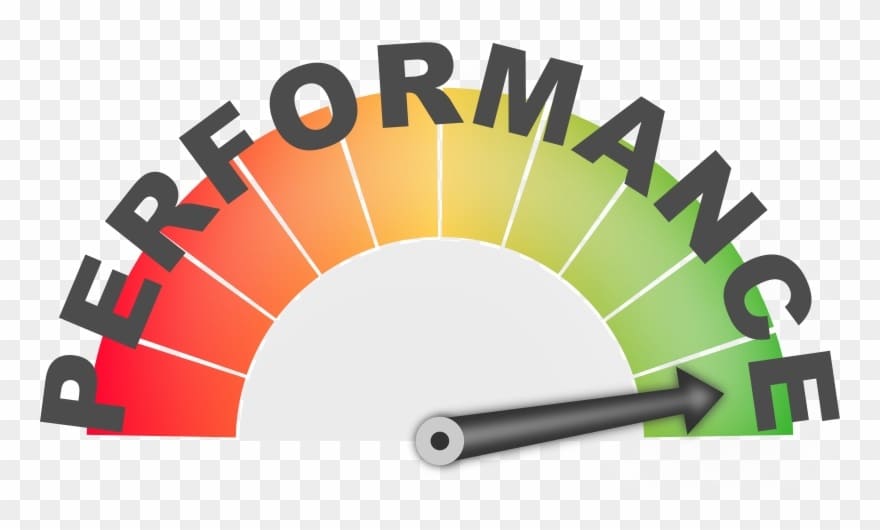Today’s leaders often feel like they’re in a never-ending game of tug-of-war. Between dealing with day-to-day obstacles, managing projects and team members, it can be overwhelming. The “people” component is certainly the most integral to an organization and can prove to be the most challenging. Building a high-performing team is more than just putting together a group of talented people with the right skills. It requires careful development of each member’s unique talents and characteristics.
There is so much strong leaders can do to build effective, high-performing teams. Here’s a look at the top five suggestions. But remember, it’s a marathon and not a sprint. It’s a continuous process and not a “one and done” task:
- Establish meaning and purpose: It’s a leader’s job to help employees and teams find meaning in their work. To increase productivity and motivation, have discussions about the “why” of your team’s tasks. Team members who are passionate and motivated help drive team effectiveness because they understand how their work contributes to the organization’s overall objectives.
- Define roles and responsibilities: Leaders must ensure that everyone on the team knows exactly what is expected of them. It reduces confusion and conflict and allows teams to work more efficiently. Role clarity also enables leaders to hold team members accountable for their performance and identify areas where someone may struggle.
- Communicate effectively: Effective communication and effective leadership are definitely intertwined and it can make, or break, a team. As a leader, it’s vital to: practice active listening and allow people to give constructive feedback without fear of repercussions; ask questions and don’t be defensive; have an open-door policy; follow through with actions.
- Focus on building relationships: Building relationships helps to create (or reinforce) an organization’s values and culture. Once leaders and team members genuinely trust and respect each other, regular, open dialogue about individual and team performance increases team effectiveness.
- Provide productive, specific and timely feedback: Feedback is critical to improving performance, but how you deliver it can make a big difference. Productive feedback enables team members to see their successes and missteps and grow from the experience.
To build high-performing teams, organizations must cultivate high-performing leaders. People skills typically account for 80 percent of success in a leadership role. Yet many people are promoted into leadership because of their technical capabilities, without mastering the skills of managing and motivating others. Without these basic skills, leaders at every level can struggle with building high-performing teams. Leah M Joppy and Associates understands the challenges that accompany leadership roles and knows the proven techniques for building strong leaders who can build motivated, productive teams.
Ready to learn more? Call us at 301-670-0051 or email us at leah@lmja.com.

